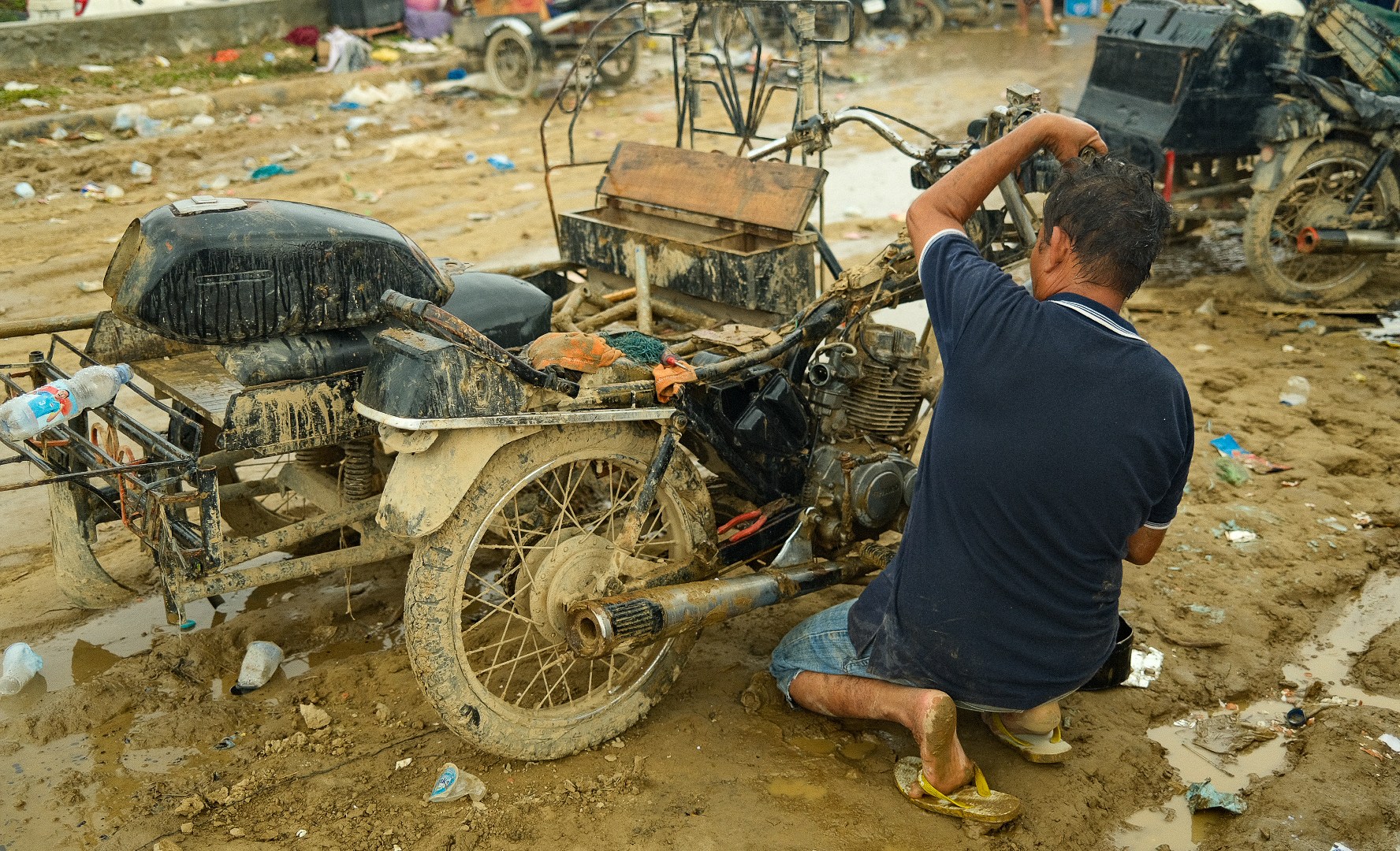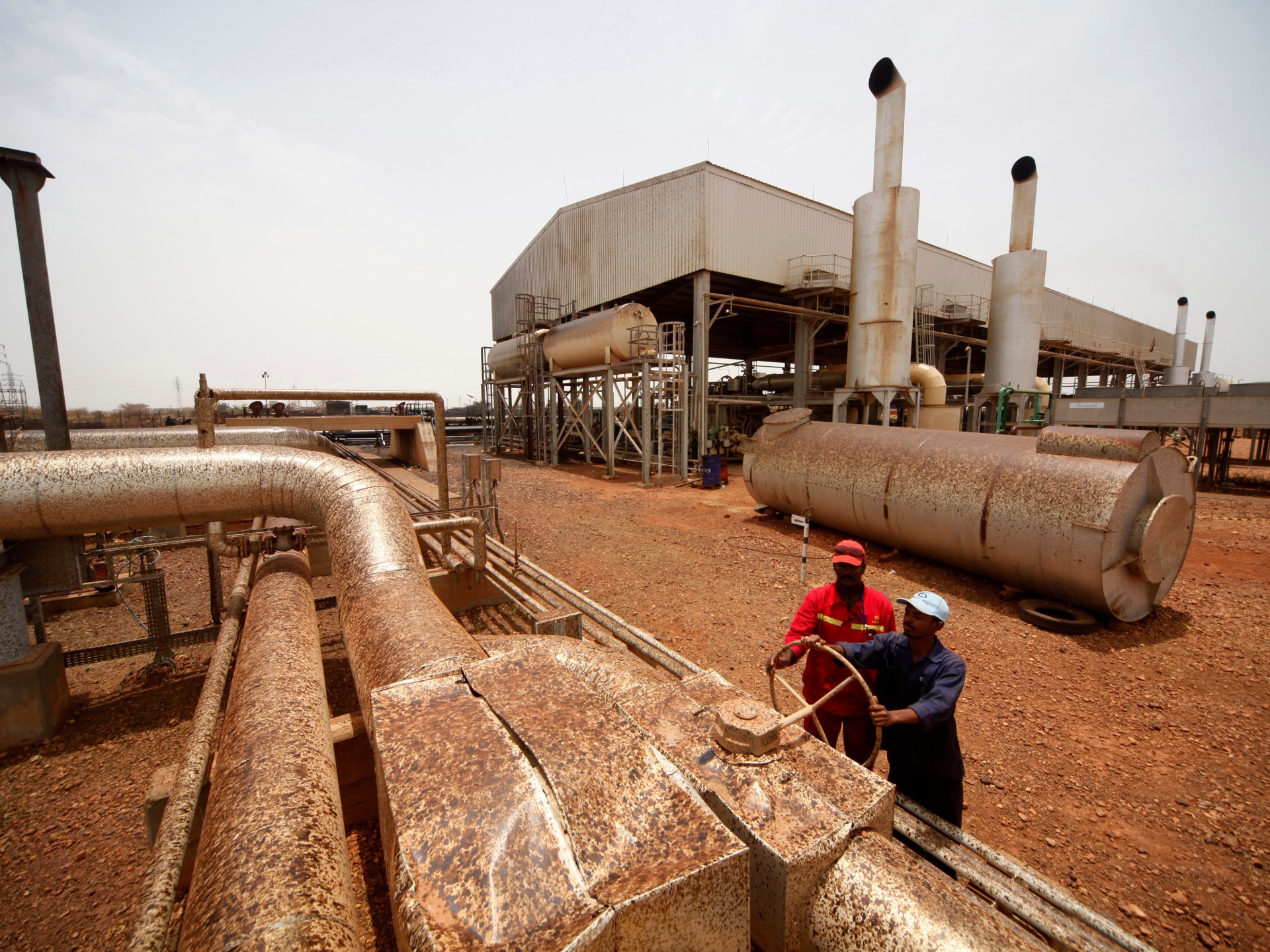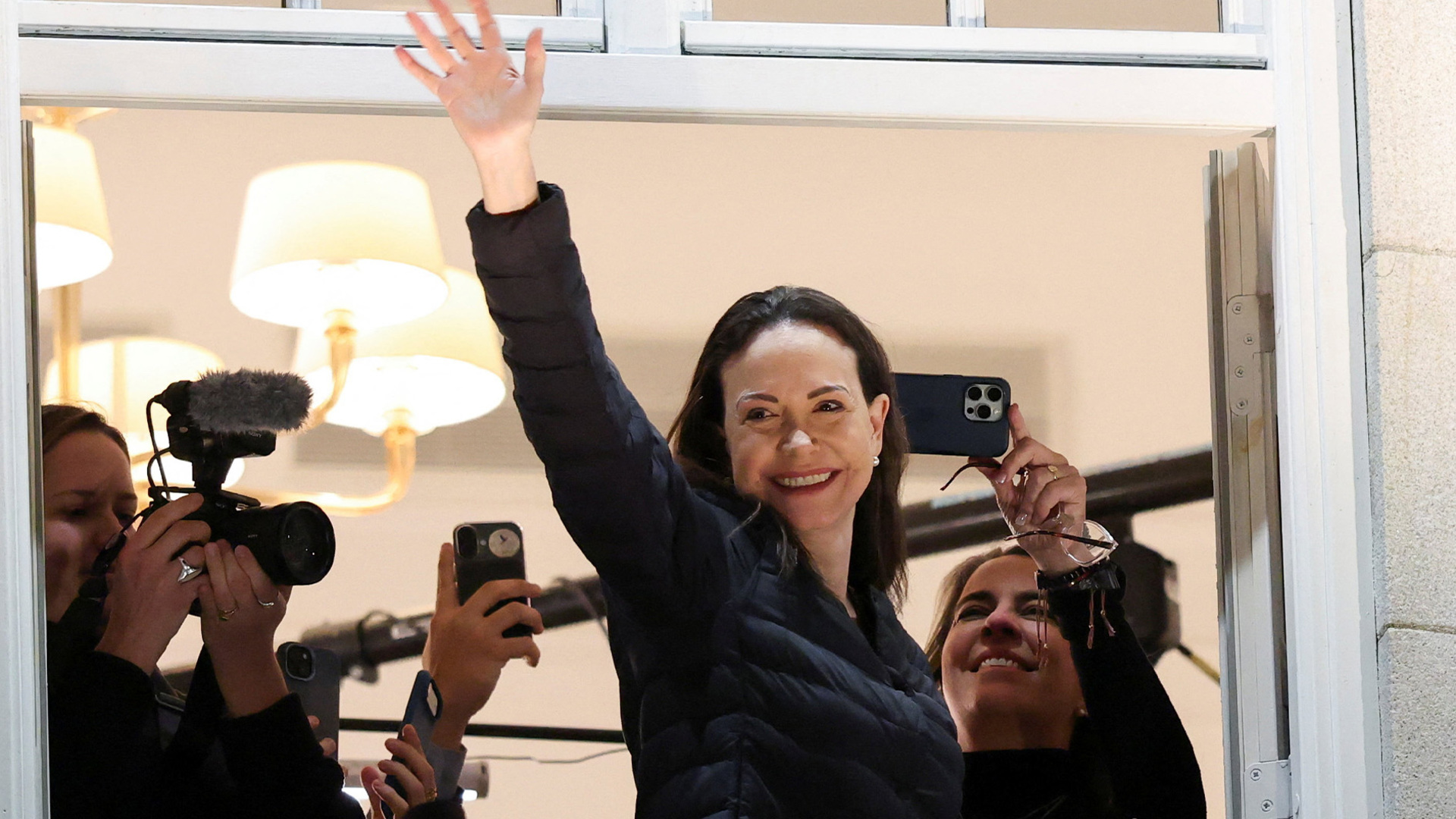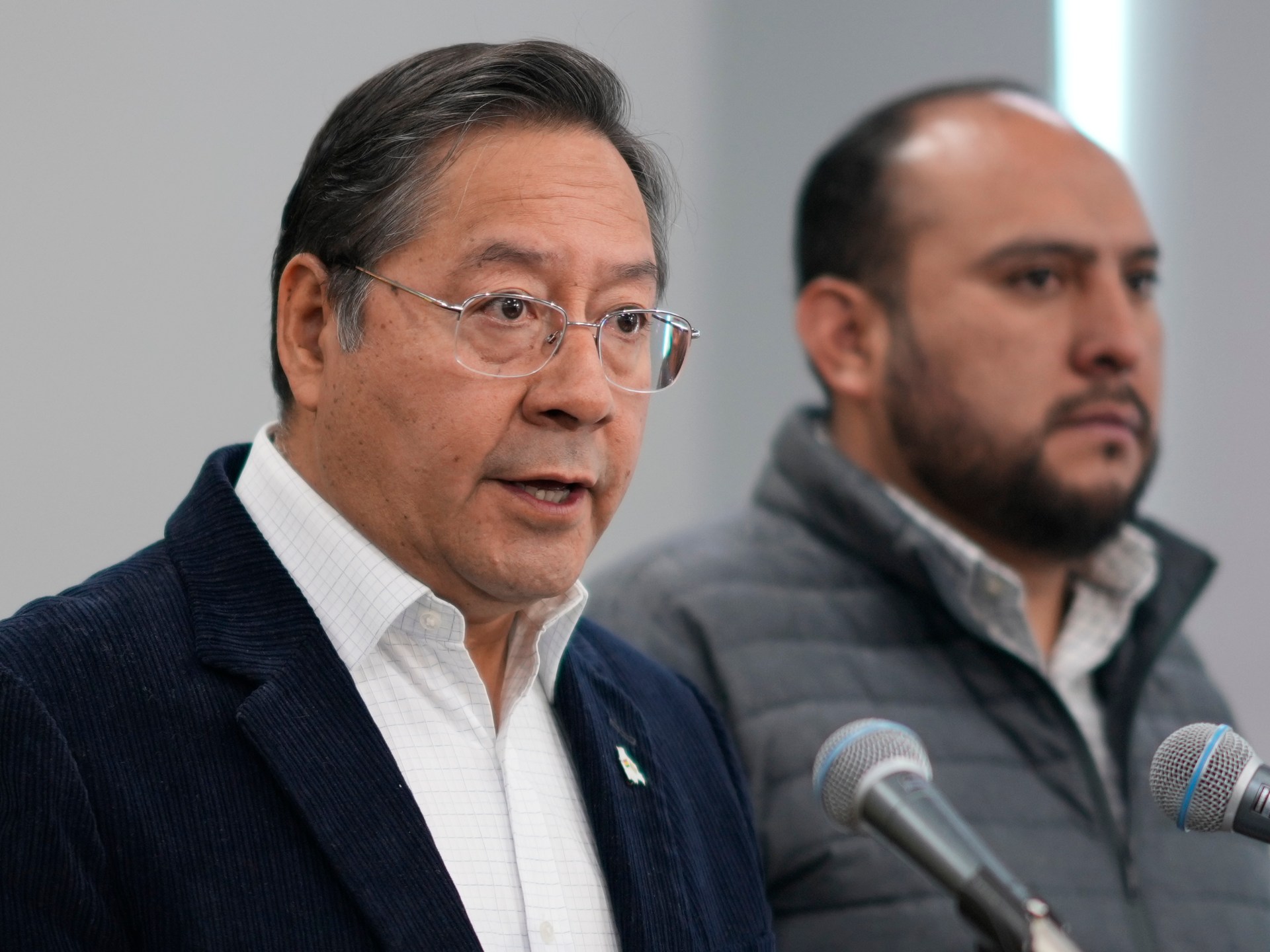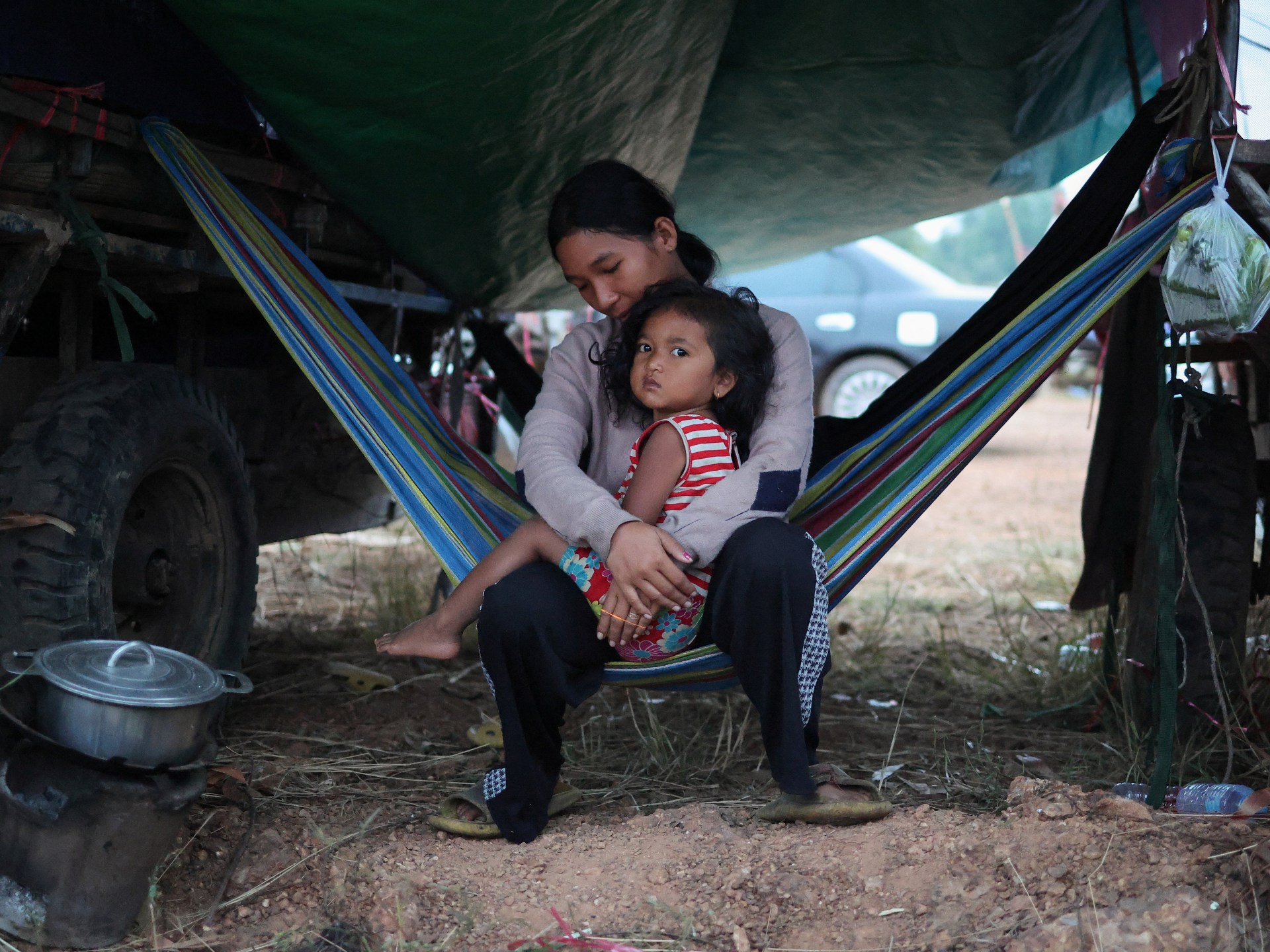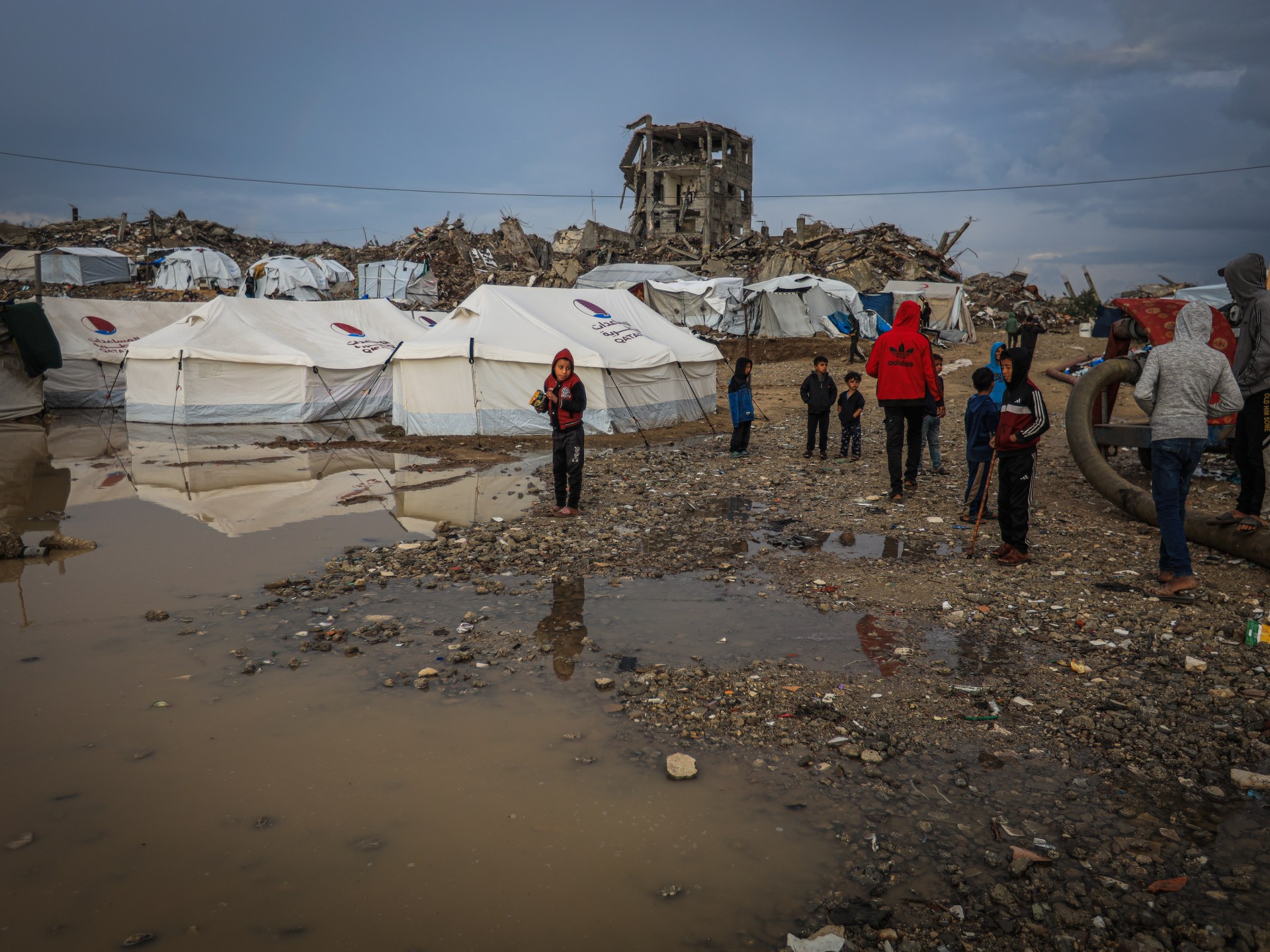South Sudan’s military has moved into the Heglig oilfield under an unprecedented agreement between the country and neighbouring Sudan’s warring parties to safeguard critical energy infrastructure from the country’s civil war.
The deployment on Wednesday came after the paramilitary Rapid Support Forces (RSF) captured the strategic site on December 8, compelling the government-aligned Sudanese Armed Forces (SAF) units to retreat across the border into South Sudan, where they reportedly surrendered their weapons.
Recommended Stories
list of 3 itemsend of list
The agreement aims to neutralise the facility from combat operations as fighting intensifies across Sudan’s Kordofan region, threatening both countries’ primary revenue source.
Official Sudanese government sources revealed to Al Jazeera that high-level contacts have taken place between the Sudanese and South Sudanese leaderships since the beginning of this week, after the RSF mobilized to attack the “Heglig” area.
Understandings were reached to secure the evacuation of workers in the field and avoid military confrontations to ensure that the oil field and its facilities are not subjected to sabotage and destruction, and tribal leaders also played a role in that.
The deployment of South Sudan forces was based on a previous oil and security cooperation agreement signed between Khartoum and Juba, which stipulates the protection of oil fields, pipelines and central pumping stations for South Sudan’s oil, in addition to the electricity interconnection project and strengthening cooperation in the energy sector.
The new factor is the involvement of the RSF.
South Sudan People’s Defence Forces Chief of Staff Paul Nang said at Heglig that troops entered under a “tripartite agreement” involving President Salva Kiir, SAF chief Abdel Fattah al-Burhan, and RSF leader Mohamed Hamdan Dagalo, widely known as Hemedti, according to state broadcaster SSBC News.
The pact requires both Sudanese forces to withdraw from the area.
Nang stressed that South Sudanese forces would maintain strict neutrality.
“The primary goal is to completely neutralise the Heglig field from any combat operations”, he said, because it “represents an economic lifeline not only for South Sudan but for Sudan as well”.
The deployment followed a deadly drone attack on Tuesday evening that killed dozens, including three South Sudanese soldiers.
SAF confirmed using a drone to target RSF fighters at the facility, though the exact death toll remains unclear. Local media reported that seven tribal leaders and numerous RSF personnel died in the attack.
Approximately 3,900 Sudanese soldiers crossed into South Sudan’s Rubkona County after evacuating Heglig, handing over tanks, armoured vehicles and artillery to South Sudanese authorities, according to Unity State officials in South Sudan.
Thousands of civilians have also fled across the border since Sunday.
Heglig houses a central processing facility able to handle up to 130,000 barrels per day of South Sudanese crude destined for export through Sudanese pipelines. The site also includes Block 6, Sudan’s largest producing field.
Jan Pospisil, a South Sudan expert at Coventry University, explained the strategic calculus behind the unusual arrangement.
“From the SAF’s perspective, they don’t want the RSF to find another possible revenue stream, and it is better from their perspective for South Sudan to take control of the area,” he told Al Jazeera.
He added that the RSF “can’t really defend against air attacks by the SAF, as we saw with this drone strike, and they don’t need money right now”.
The seizure of Heglig marks the latest RSF advance as the conflict’s centre of gravity shifts from Darfur to the vast Kordofan region. The paramilitary force secured complete control of Darfur in October with the fall of el-Fasher, prompting international alarm over mass atrocities.
Activists at the Tawila camp told Al Jazeera that refugees continue arriving, with some forced to sleep outdoors due to insufficient resources.
UN human rights chief Volker Turk repeated a warning he issued last week that he was “extremely worried that we might see in Kordofan a repeat of the atrocities that have been committed in el-Fasher”, amid RSF advances in the region.
The Global Centre for the Responsibility to Protect echoed his warning, with Executive Director Savita Pawnday stressing that Sudan faces “one of the world’s gravest atrocity crises”, where civilians are enduring “unimaginable harm while the international community fails to respond”.
The fighting has triggered displacement, with the International Organization for Migration reporting more than 1,000 people fled South Kordofan province in just two days this week as combat intensified around the state capital, Kadugli.
In el-Fasher, the Sudan Doctors Network reported this week that the RSF is holding more than 19,000 detainees across Darfur prisons, including 73 medical personnel.
